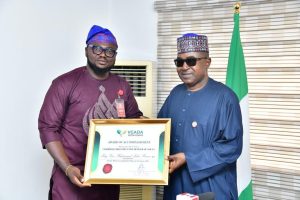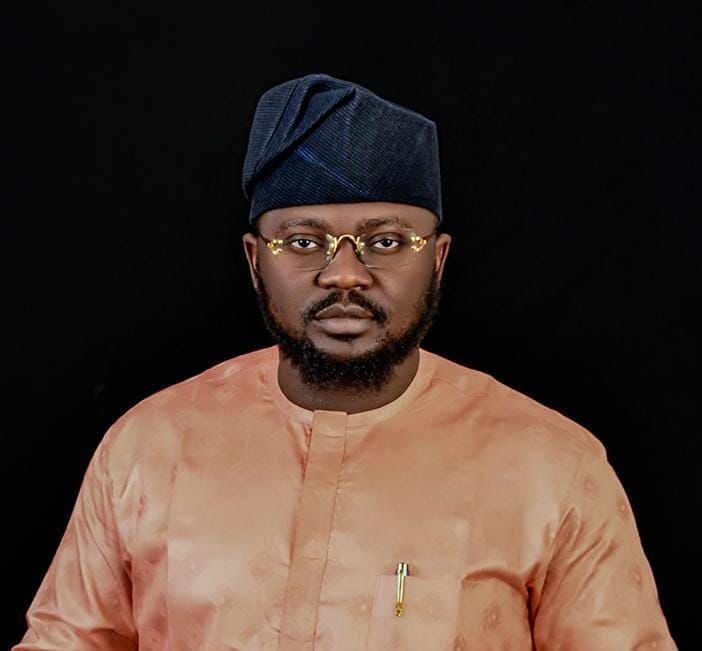By Ibironke Ariyo
Vanguard Against Drug Abuse (VGADA), a rehabilitation centre in Abuja, has urged parents and teachers to educate their children, youths, and wards against drug abuse to reduce the risk of mental illnesses and other risky behaviors.

The Executive Director of the centre, Dr. Hope Omeiza, made this known in a message to commemorate the International Day Against Drug Abuse and Illicit Trafficking or World Drug Day on Monday in Abuja
VGADA Rehab Center in Abuja is a leading provider of addiction treatment and recovery services in Nigeria.
The International Day Against Drug Abuse and Illicit Trafficking or World Drug Day event is marked on June 26 every year.
This year’s theme is “Evidence is clear: Invest in Prevention,”.
Omeiza said that the aim of this year’s campaign was to raise awareness about the importance of treating people who used drugs with respect and empathy.
This, he said, included providing evidence-based, voluntary services for all, offering alternatives to punishment, prioritising prevention; and leading with compassion.

He added that the campaign also aimed to combat stigma and discrimination against people who used drugs by promoting language and attitudes that were respectful and not judgmental.
He said “Despite challenges posed by drug abuse among youths, we have no doubt as an organisation that the impact can be mitigated through organised preventive actions.
“That is why we are leading the campaign to prevent a greater number of younger ones from drug abuse, “he said.
Omeiza, however, said that children and youths who were not properly informed were at greater risk of engaging in unsafe behaviors and experimenting with drugs.
He identified parents and teachers as critical to the fight against rising drug addiction among different age groups, especially children, saying that young people who persistently abused substances often experienced problems.
“Parents and teachers need to pay adequate attention to their children and students. You need to see what they are doing and when they are misbehaving.
“Preventing illicit drugs begins with you. You are the ones who spend more time with these children, and having a drug-free society starts from the home, then the school, “he said.
He emphasised that the fight against drug abuse should begin with families to help discourage the demand and supply of drugs to safeguard their future.
He said “Policy is very important and so far so good. There have been policies against drugs that are not accepted in society. Now, everybody should be on the lookout for our society.
”This is because sometimes, we realise that drugs that have been banned are still being sold, and when such is noticed, the best is to report the matter.

“We believe that if much effort is put into discouraging demand for drugs, suppliers will find the business no longer profitable and will be forced to switch to other legal business ventures.
“Parental monitoring and supervision of friendships are also critical for drug abuse prevention,” he said.
The executive director urged more advocacy against drug abuse, saying that it does not only mean saving drug abusers but also saving the next generation.
He said that the organisation had been engaging in advocacy and sensitisation programs in building leaders with great attitudinal behavior in society.
“Now I’ll say information is power. This is the reason we are holding a National Youth conference on June 28 for young people on the dangers of engaging in drug abuse, “he said.
A report by the United Nations Office on Drug and Crime in Nigeria indicates that 14.4 percent (14.3 million) of people aged between 15 and 64 years abuse drugs.
The statistical analysis of the findings of a 2015 nationwide survey of 10,609 respondents showed that alcohol is the drug with the highest prevalence rate, whereas cannabis is the most abused illicit drug.
The report showed that drug abuse in Nigeria was prevalent across educational levels and reaches down to the secondary school level.
The report showed that drug and substance abuse is prevalent across Nigeria’s six geopolitical zones.




